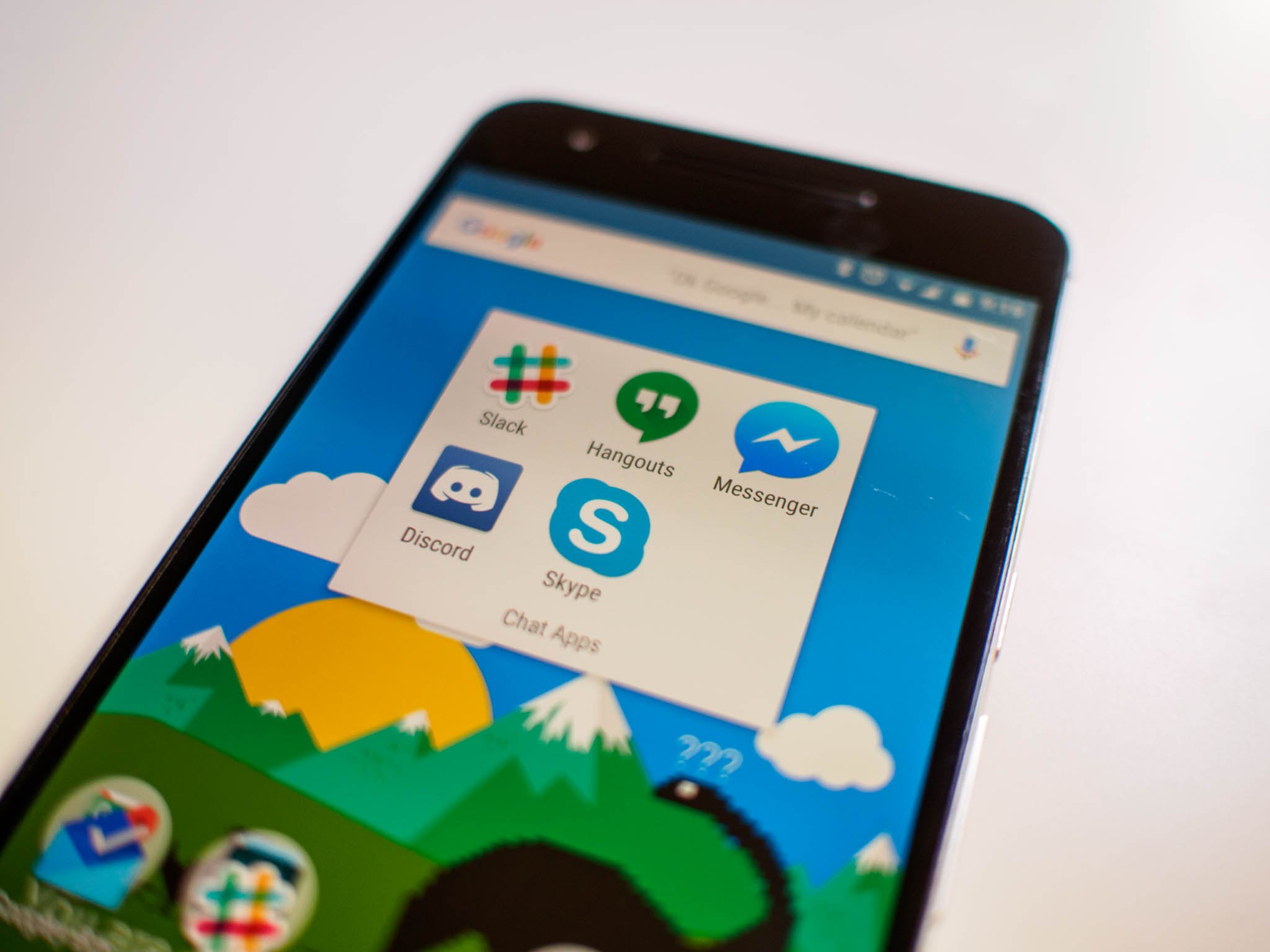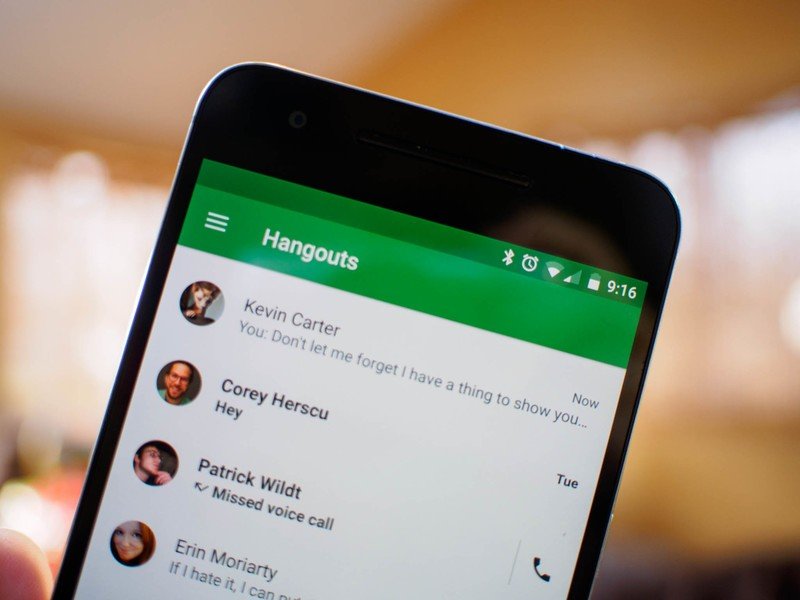Unified messaging is a joke, and it probably always will be

Not all that long ago, I was a 'Linux-or-bust' kind of user. I had everything I needed, and one of those things was a unified messaging client. For me, that app was Pidgin. I loved Pidgin because it worked, and I never had any problems with it. The app wasn't exactly feature-packed, but I could log in to everything and never had to worry about missing a message from my friends across all the platforms they used. For me, this is what unified messaging meant — a way to unify the different messaging apps so I could have all of my communication in one place.
A few months later, I picked up my HTC G1. What I didn't know at the time was this move into mobile computing would slowly crush my unified messaging dream. Now I don't even question it, I just accept it — unified messaging is never going to happen.
It's a mess, and for the most part there's no way to unify these experiences.
There are currently five different messaging apps running on my phone, laptop, and desktop. I use Hangouts with Google Voice baked in for most of my phone calls and texts. Work relies on Slack for group communication and a sort of centralized thought organizer. Many of my friends use Discord because it's basically Slack and TeamSpeak mashed together for gamers. Facebook Messenger lives everywhere for my friends and family who don't use Hangouts. Skype is on somewhere in the background so I don't have to roll my eyes and install the app when someone who is confused by new things asks me to video chat. It's a mess, and for the most part there's no way to unify these experiences without sacrificing features I rely on or general functionality.
I largely blame smartphones for the current state of messaging. Adding a messenger became a way to create ecosystem lock in. Building a great app became the differentiation point, the thing that could be used to pull users from one platform to another when deciding who you wanted to communicate with most.
When my sister asked me why she should message me on Hangouts instead of Facebook Messenger, I showed her how simple video chatting was from the phone. When my friends abandoned our group Hangout for Slack and then Discord, it was due to the available features and the overall quality of the app on every machine we used. Unification stopped being about bringing multiple apps together, and instead became bringing multiple platforms together. Outside of the people who will use whatever is pre-installed or whatever their friends are using, the messaging service that works the best on every screen wins.

For Google, unification meant bringing together all of their messaging systems into a single app. That never really happened with Hangouts, having only gotten as far as to unify Google Talk and Google Voice, and in the process Google ditched support for federated XMPP messaging. This meant apps like Pidgin will occasionally just not get messages with no real explanation. Video Hangout messaging is still not a part of Hangouts, and at this point probably never will be.
The best we can say about Google's attempt at unification is that it's better than Apple's attempt, which was to unify SMS and iChat in a way that is deeply broken if you're trying to talk with someone who isn't using an Apple product. Also, best of luck moving from iMessage to anything else without something breaking in the process. Palm tried their hardest to make everything happen in one place with webOS, merging texts, Facebook, Google Chat, AIM, and more into one conversation in one synergistic app — but even if they had survived they would have run up against the same walls that thwart unified messaging efforts today.
Be an expert in 5 minutes
Get the latest news from Android Central, your trusted companion in the world of Android
All of this is to say that unification as I first imagined it, where one app let me communicate with all of my friends and family across all of the apps they use, is never going to happen. Even in a stripped-down sense, where all you have is the messaging capabilities, isn't likely to be possible anytime soon. It's not a problem that enough people deal with anymore, because most folks have settled in to one walled garden or another and are happy to install another app if it becomes necessary. Much in the same way that it took a major shift like the commoditization of smartphones to create our current messaging situation, unification won't happen again until our current computing experience changes again in some radical way.

